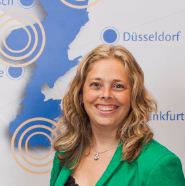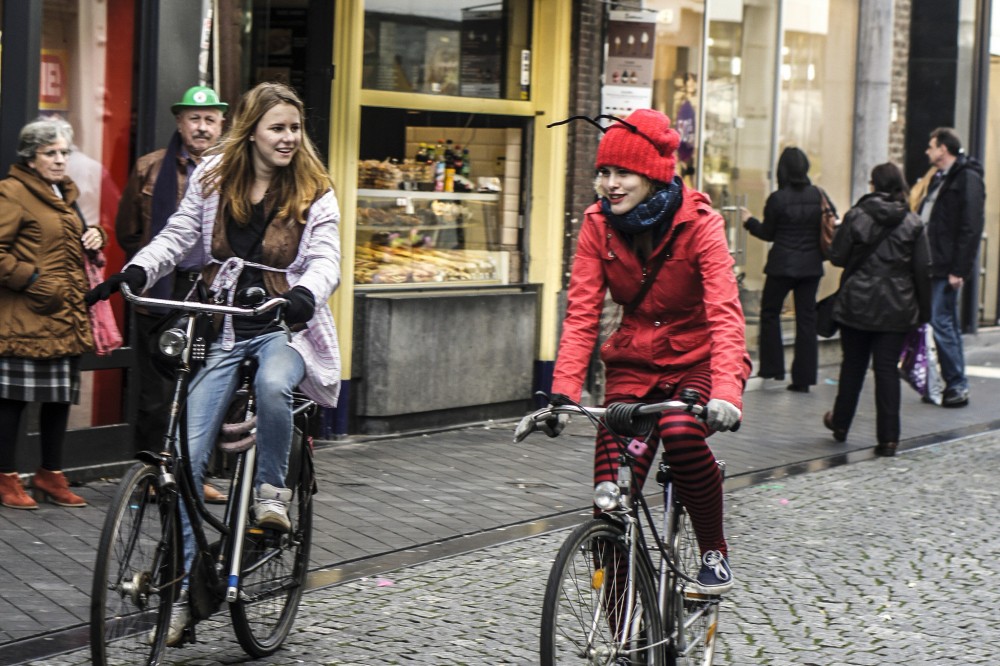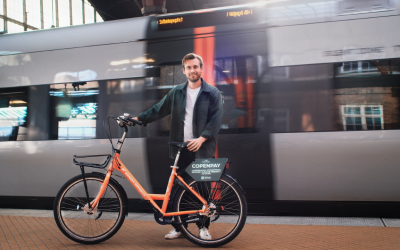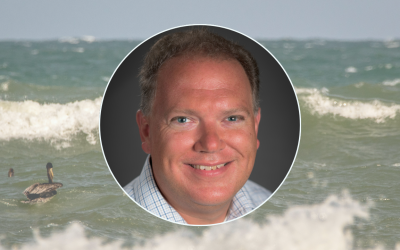When you need information, go straight to the source. That’s why some of the most important research your destination can do happens outside the four walls of your office, among your visitors. Destinations need to start meaningful conversations with both visitors and community stakeholders as they conduct research to assist strategic planning. It’s all part of a healthy effort to lead collaboration in your destination.
At Destination Think, we design and lead interactive workshops to make this collaboration happen. I spoke with Policy Advisor Yvonne Kokkelkoren of Provincie Limburg, the southernmost province in The Netherlands. Yvonne and I had a conversation about a recent workshop that helped Limburg discover some insights that will help the province better empathize with its visitors in order to develop valuable experiences and effective marketing.
Thomas Sprangers, Client Strategist, Destination Think: You’re currently in a process to redefine your strategy for marketing the Dutch province of Limburg. Part of that process included an interactive research and persona workshop with the industry in Limburg. Can you describe the day of the workshop?
Yvonne Kokkelkoren, Policy Advisor, Provincie Limburg: We started with a kick-off in which [Destination Think Senior Strategic Consultant] Frank Cuypers explained the bigger picture – the strategy we’re developing – and how this day fit into this strategy. Frank spoke about the important role “non-traditional” research plays in developing a strategy and how this research is part of the foundation of developing personas; a way to see the destination from the visitor’s point of view.
During the day, we dove deeper into our target groups and what motivates them, through actual interviews with tourists out on the street, desk research, phone interviews and discussion.
The group of thirty participants was divided into five smaller groups, which each had its own section in the room. Each group got a folder holding research into a broad target group (Flemish visitors, for instance). Most of the group got the task of going outside into the streets to talk to and observe their target group, and get to know more about them. The task was to try and dive deeper, beyond the demographic, and get to understand the “why”. Why do people do what they do? What motivates them to choose Limburg? What delights them? And why? Why not?
While the groups outside did this, one or two people from each group stayed behind and went through all the research, to uncover information. They also had the opportunity to do an in-depth phone interview with someone from their target group, and in addition, to interview a marketing and branding expert.

Yvonne Kokkelkoren, Policy Advisor, Provincie Limburg
After two hours, the groups reconvened and collectively organized their data using an empathy map, discussing their findings along the way. After lunch, the groups presented their findings to each other and continued to create personas from their research and insights, using a persona canvas.
The personas represent visitor groups with different demographics, but with similar behaviour, emotions and thought. The objective of creating the personas was to really understand our visitors, so we can learn to align our product, experiences and marketing accordingly. Again, the groups presented the personas to each other, after which we had some good discussion, and Frank wrapped up the day.
Who attended the session?
It was a broad mix of our industry, from North to South Limburg, and from different sectors of the industry. We had restaurant owners, hoteliers, people from the regional marketing organizations and more. We also tried to go beyond the “usual suspects” of CEOs and directors and invited, for instance, a group of young entrepreneurs and a group of students. They have no specific commercial or political interest and provided a new, fresh look on things for us, which was quite refreshing and useful.
How was the session different from what you usually do in a workshop?
The most important thing was that we actually went out in the street and spoke with tourists. I think there are probably more DMOs that conduct lots of good, academic research and analyze data, but never really speak to the visitors.
I also found that thinking in terms of personas with similar thoughts, emotions and behaviours was useful. Instead of viewing a target group as a group with the same geographic and demographic characteristics, the personas helped us to look at our visitors from a totally different angle.
Did this new way of approaching the visitor provide new insights?
Definitely. What stood out is that visitors don’t necessarily always make a conscious choice to visit our province. We get a lot of river cruises in our capital of Maastricht (where the workshop took place), and people on those cruises usually have little idea where they are before they set foot ashore. Luckily, they’re always pleasantly surprised.
Another thing that was remarkable is that the people we spoke with didn’t necessarily recognize our province as a brand itself, but had more recognition for certain experiences in our province, or cities or regions in our province. This is very useful information in light of developing a strategy that markets our province.
The workshop was interactive. Did this bring something different in terms of collaboration and output?
Our stakeholder sessions usually revolve around lots of discussion. This session was very much about doing and interaction instead of talking, which tapped into a different way of thinking and looking at the tasks at hand. Working together and creating something together is quite different from having a discussion.
A lot of participants also had a lot of fun in the session, which really helped the atmosphere of the day. Of course, not everyone was equally comfortable with this type of workshop, and some had difficulty making the connection between the workshop and the eventual strategy. Some of the participants also felt that the format didn’t allow them to showcase and use their knowledge and insights enough.
That’s an interesting observation, and I’m glad you’ve made it. As part of a discovery/research phase, these workshops are specifically designed to have the participants look at the world from the visitor’s perspective.
In a sense, the participants’ own preconceptions, thoughts and what they (think they) know about the visitors is less important. The more open and unbiased they are, and the more willing they are to really listen to their visitor, the more useful the output is. If you go into a session like this pushing your own agenda, you probably won’t get many new insights or perspectives.
Do you think an interactive session like you did holds value for other DMOs as well?
In general, I enjoyed looking and speaking with our visitors on a personal level. Seeing them as individuals instead of homogenous groups and really immersing yourself in them was a great and useful exercise. I think and I hope that this thinking in personas will allow us to focus more on personal conversation with our visitors and developing and delivering experiences that align with our visitors’ needs.
Destination Think leads strategic workshops that help DMOs improve guest experience, visitor empathy and word-of-mouth promotion. Contact us today to learn more.
Featured image credit: Filip Mishevski, Flickr









0 Comments